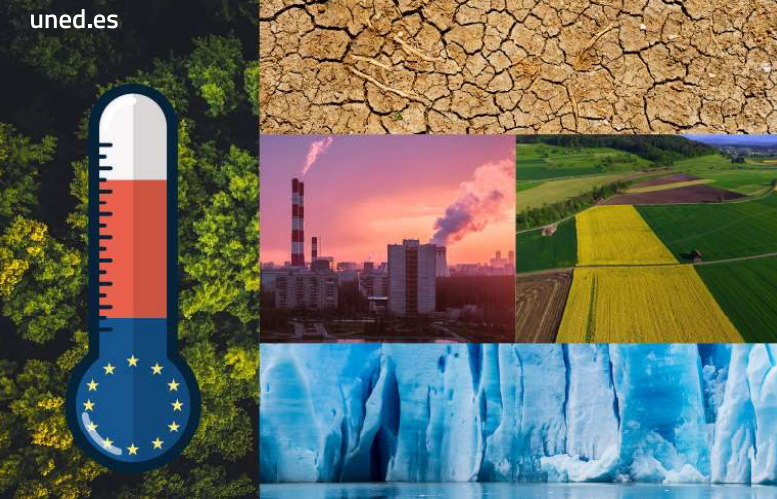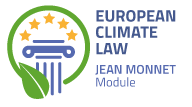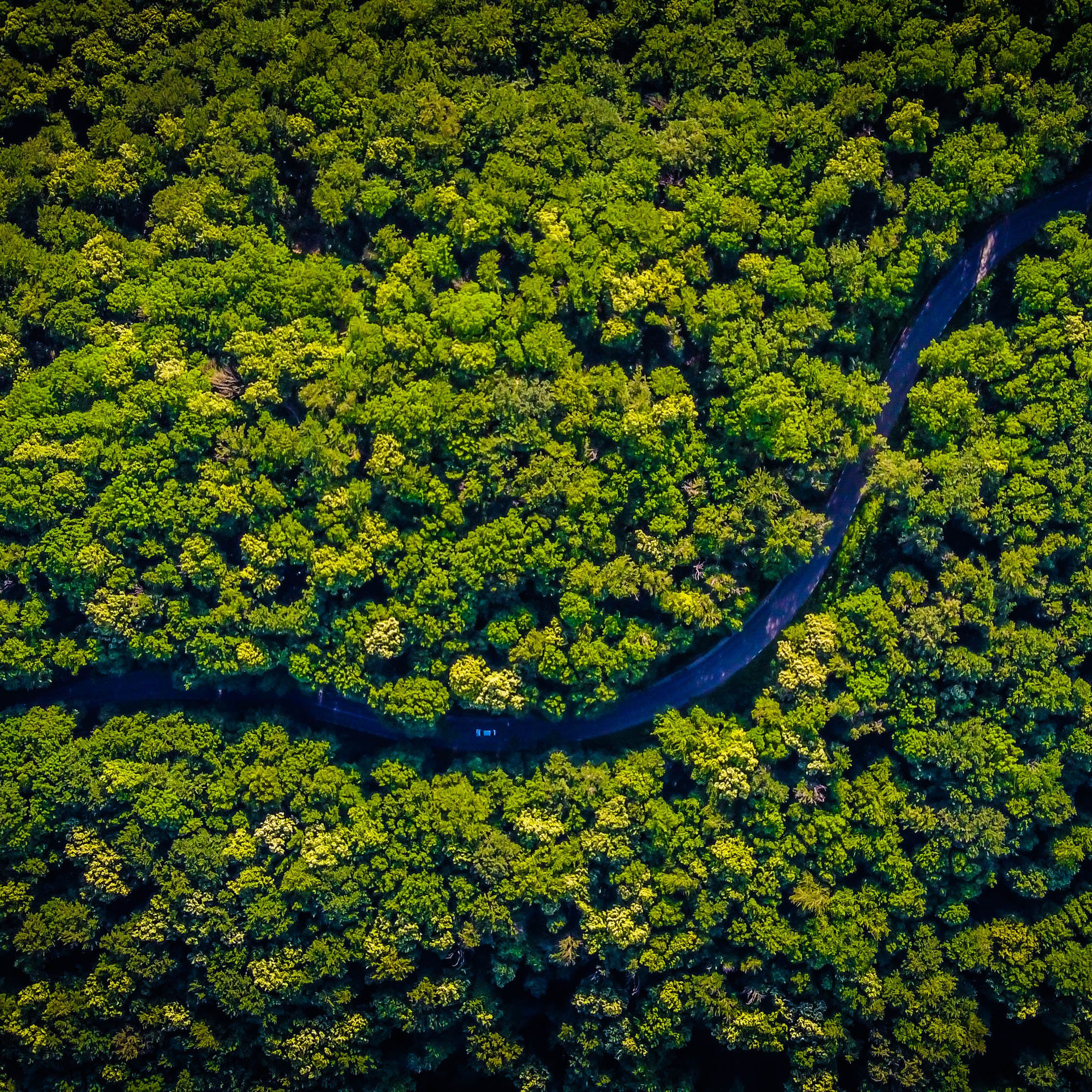Prof. Rosa Giles discusses the implementation of the Paris Agreement by the European Union. In particular, the regulatory activity in the internal sphere, which go hand in hand with the an intense foreign diplomatic and negotiating activity to coordinate aspects not included in the Paris Agreement and which require coordinated action at the international level.


